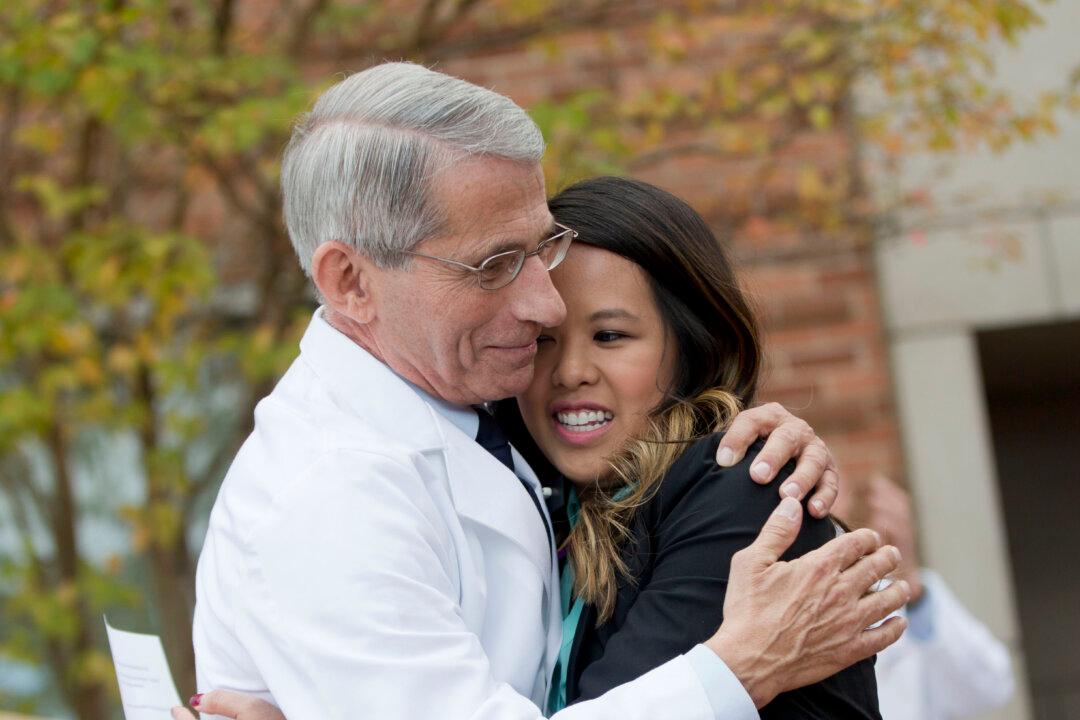In the same way as injustice anywhere is a threat to justice everywhere, health system breakdown anywhere is a threat to health everywhere. Infectious diseases that had been in check could break out as a side effect of the Ebola crisis.
The Ebola outbreak of 2014 overwhelmed hospitals and medical caregivers in the hardest hit countries. It was the worst Ebola outbreak in history. More than 14,000 people fell ill, according to Johns Hopkins Bloomberg School of Public Health, and more than 9,500 people died in Guinea, Liberia, and Sierra Leone.
Now, people there are more vulnerable to other infectious diseases. If another outbreak, such as of measles, should happen there, people in West Africa could suffer another devastating epidemic. The rest of the world could be more vulnerable to imported infections.
“The secondary effects of Ebola—both in childhood infections and other health outcomes—are potentially as devastating in terms of loss of life as the disease itself,” said Justin Lessler, PhD., an assistant professor in the Department of Epidemiology at the Johns Hopkins Bloomberg School of Public Health, in a statement. He coauthored a study on the secondary effects of Ebola published in the March issue of “Science.”





